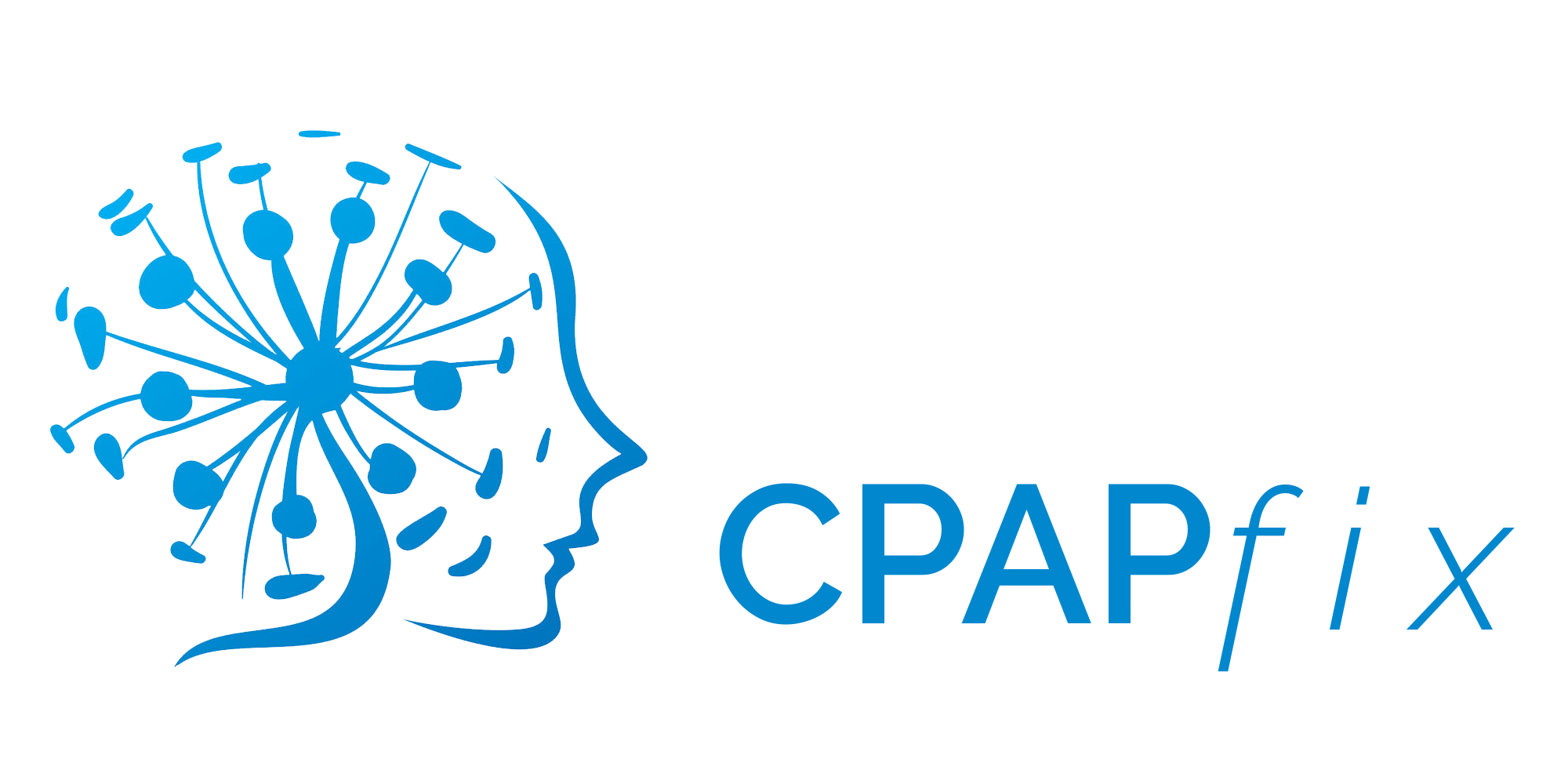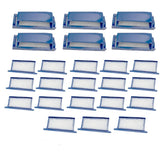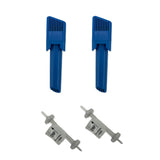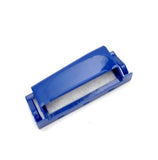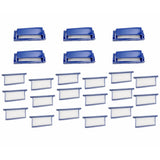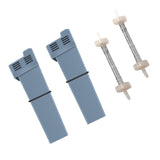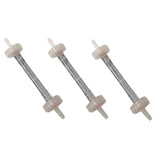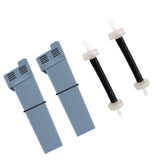Tech Tips
Tech Tips
How to sleep with sleep apnea without a CPAP?
How to sleep with sleep apnea without a CPAP?
Continuous positive airway pressure (CPAP) is the most effective treatment for sleep apnea, as it helps keep the airways open during sleep by delivering a constant flow of pressurized air through a mask or nasal pillows. If you are unable to use a CPAP machine for some reason, there are a few other things you can try to help alleviate the symptoms of sleep apnea:
-
Lose weight: Excess weight, especially around the neck, can put pressure on the airway and contribute to sleep apnea. Losing weight can help alleviate the symptoms of sleep apnea.
-
Sleep on your side: Sleeping on your back can cause your tongue and soft palate to collapse to the back of your throat, obstructing your airway. Try sleeping on your side instead.
-
Avoid alcohol and sedatives: These substances can relax the muscles in the throat and make sleep apnea worse.
-
Quit smoking: Smoking can irritate the airways and worsen sleep apnea.
-
Treat allergies: Allergies can cause nasal congestion, which can make it difficult to breathe through your nose and lead to sleep apnea.
-
Use a humidifier: Dry air can irritate the airways and make sleep apnea worse. A humidifier can help keep the air moist and reduce irritation.
-
Try nasal decongestants: These can help reduce nasal congestion and make it easier to breathe through your nose.
It is important to note that these lifestyle changes may not be sufficient to completely cure sleep apnea in all cases, and you should consult a healthcare provider if you are experiencing symptoms of sleep apnea.
Continuous positive airway pressure (CPAP) is the most effective treatment for sleep apnea, as it helps keep the airways open during sleep by delivering a constant flow of pressurized air through a mask or nasal pillows. If you are unable to use a CPAP machine for some reason, there are a few other things you can try to help alleviate the symptoms of sleep apnea:
-
Lose weight: Excess weight, especially around the neck, can put pressure on the airway and contribute to sleep apnea. Losing weight can help alleviate the symptoms of sleep apnea.
-
Sleep on your side: Sleeping on your back can cause your tongue and soft palate to collapse to the back of your throat, obstructing your airway. Try sleeping on your side instead.
-
Avoid alcohol and sedatives: These substances can relax the muscles in the throat and make sleep apnea worse.
-
Quit smoking: Smoking can irritate the airways and worsen sleep apnea.
-
Treat allergies: Allergies can cause nasal congestion, which can make it difficult to breathe through your nose and lead to sleep apnea.
-
Use a humidifier: Dry air can irritate the airways and make sleep apnea worse. A humidifier can help keep the air moist and reduce irritation.
-
Try nasal decongestants: These can help reduce nasal congestion and make it easier to breathe through your nose.
It is important to note that these lifestyle changes may not be sufficient to completely cure sleep apnea in all cases, and you should consult a healthcare provider if you are experiencing symptoms of sleep apnea.
